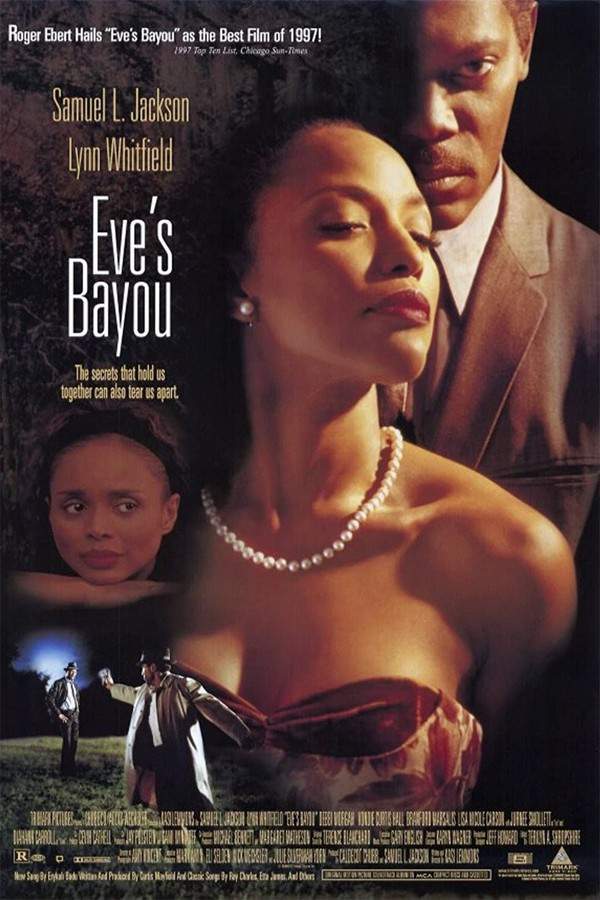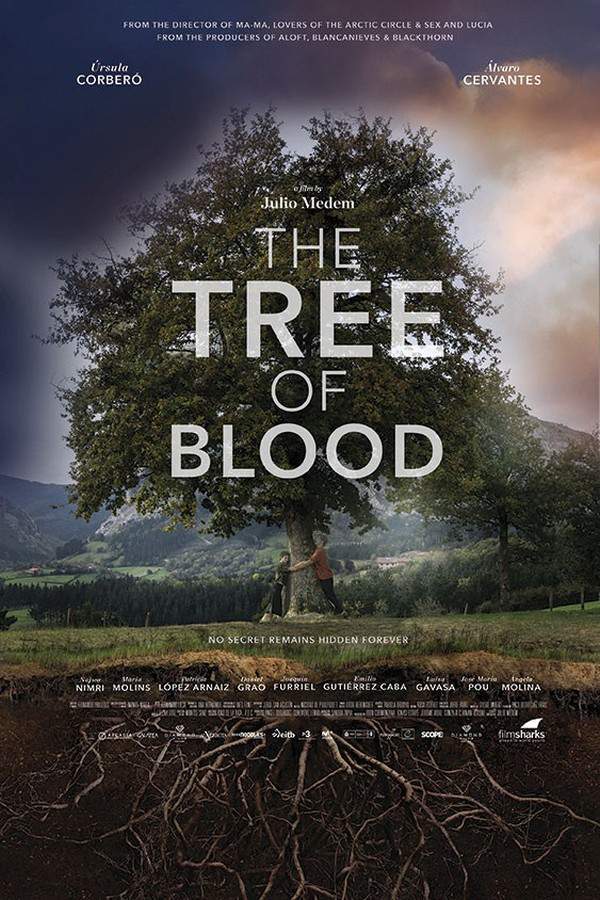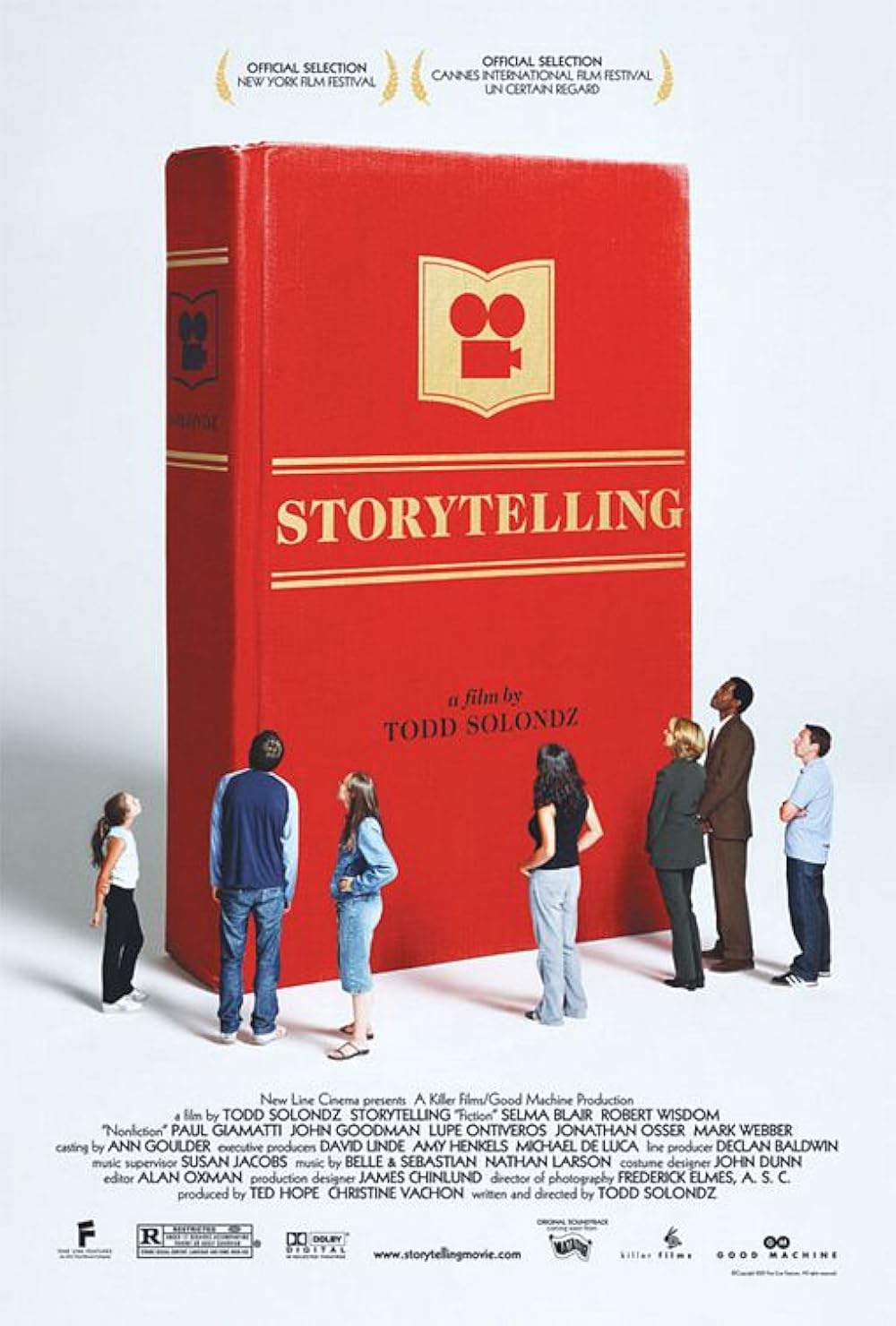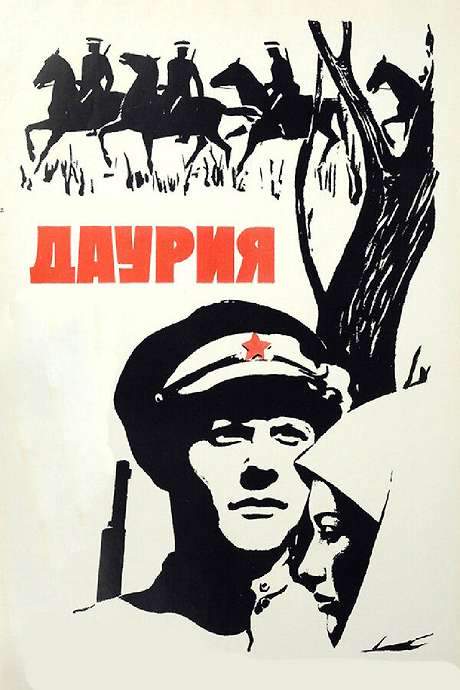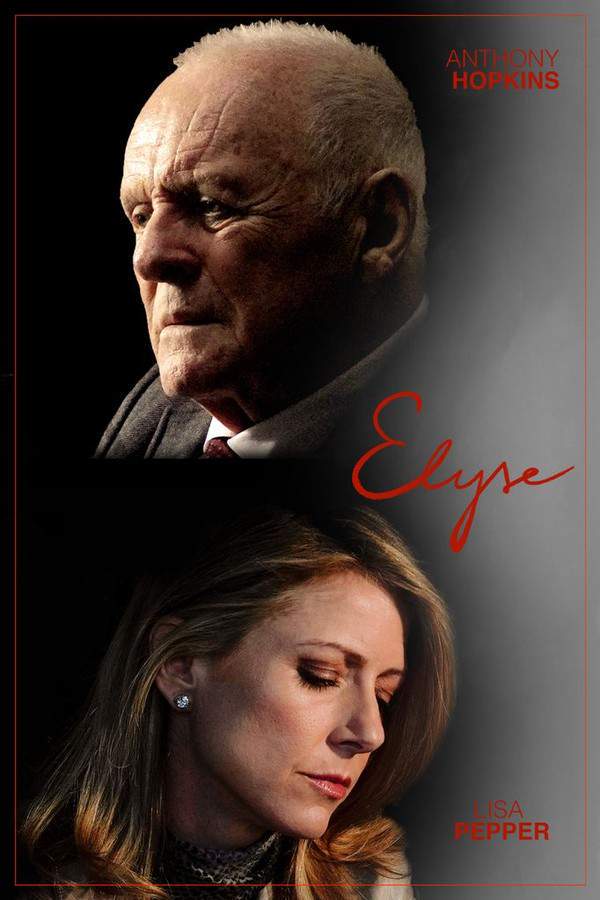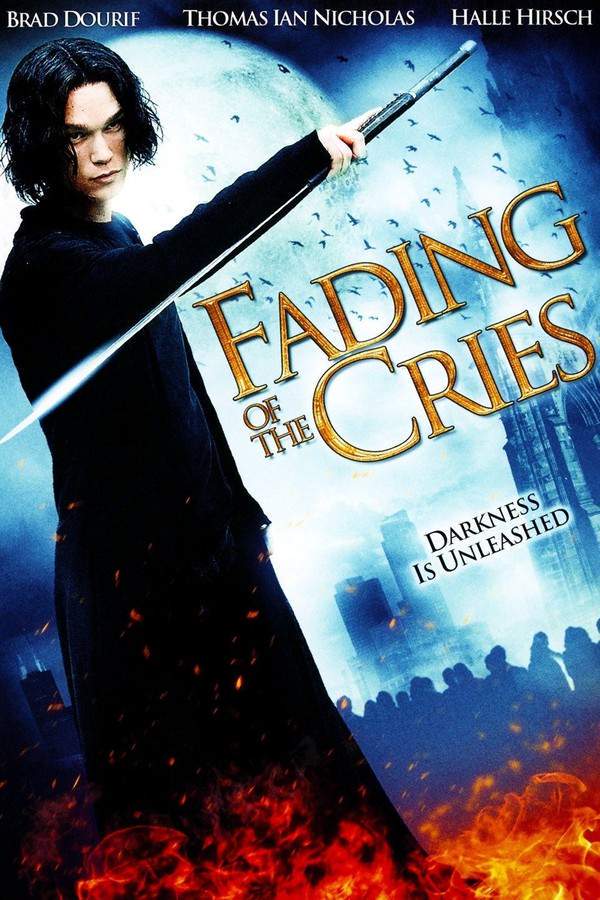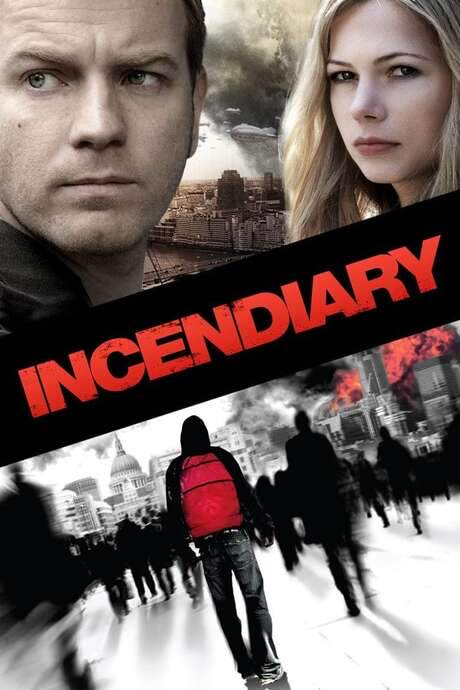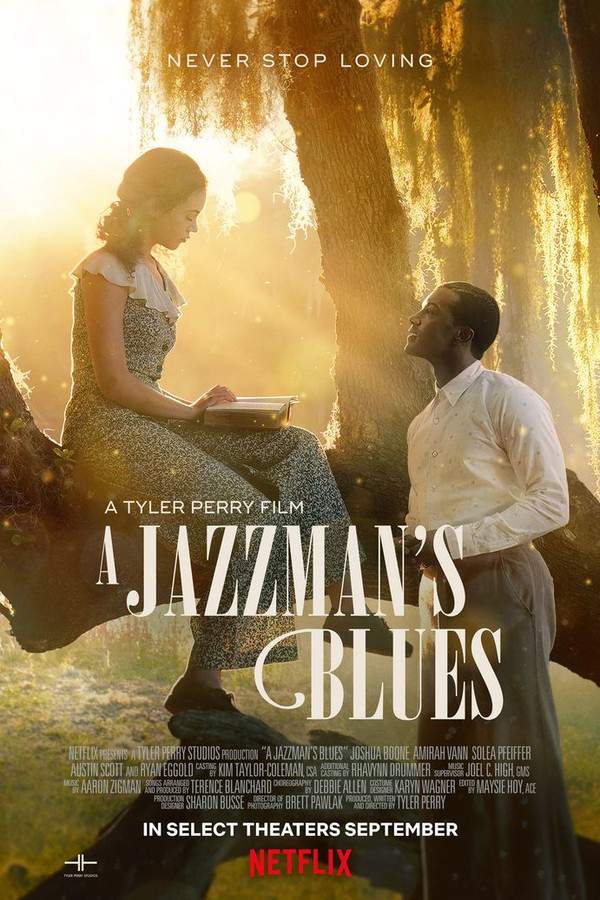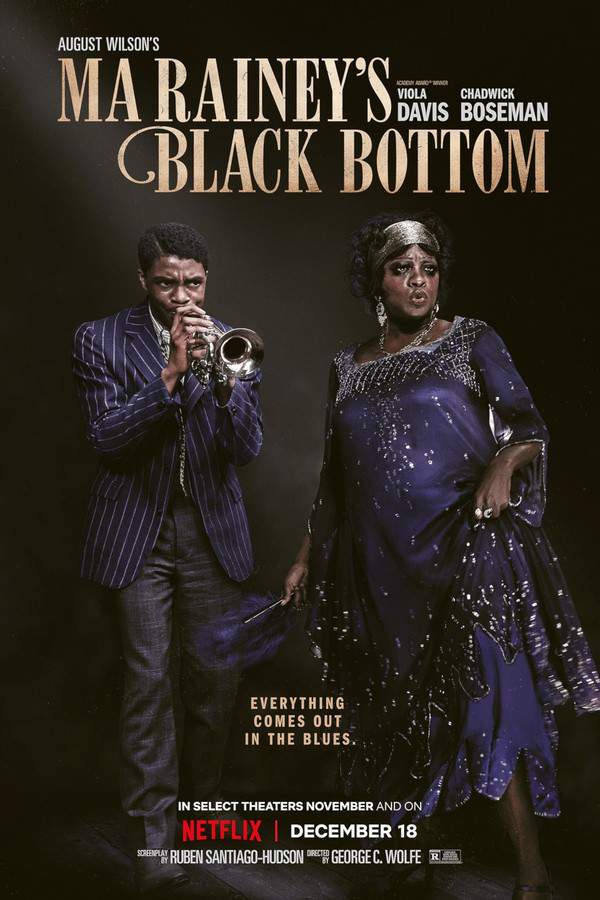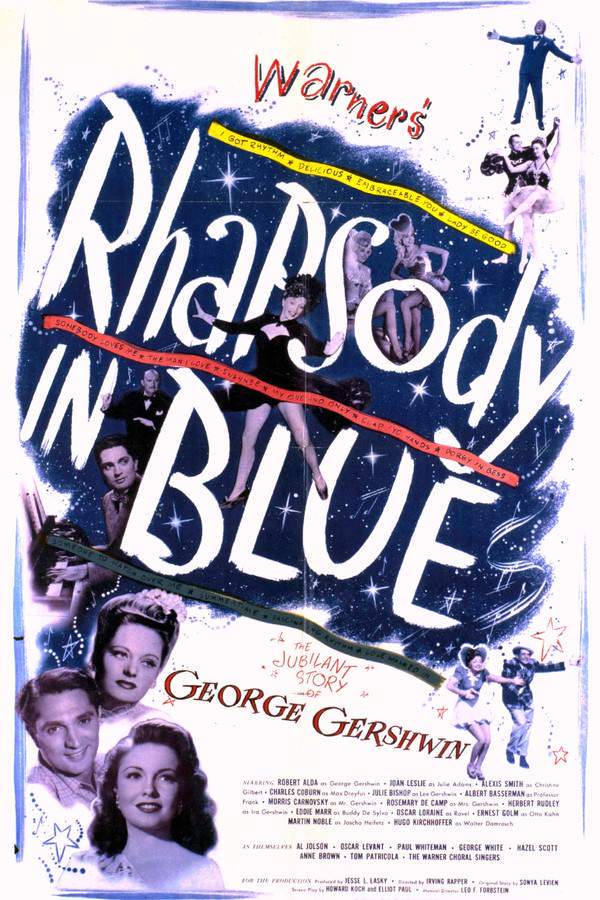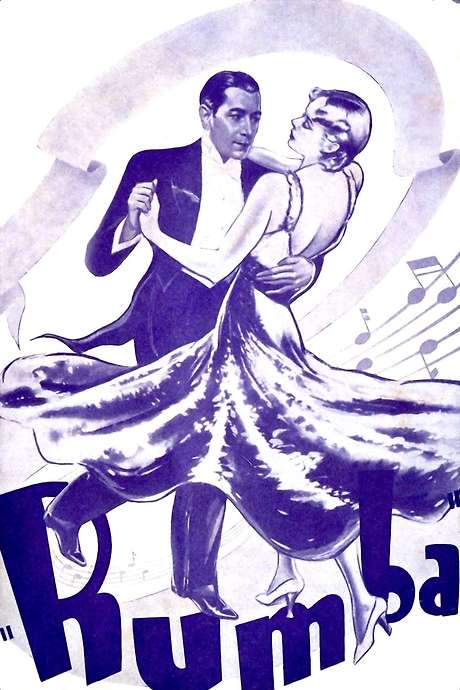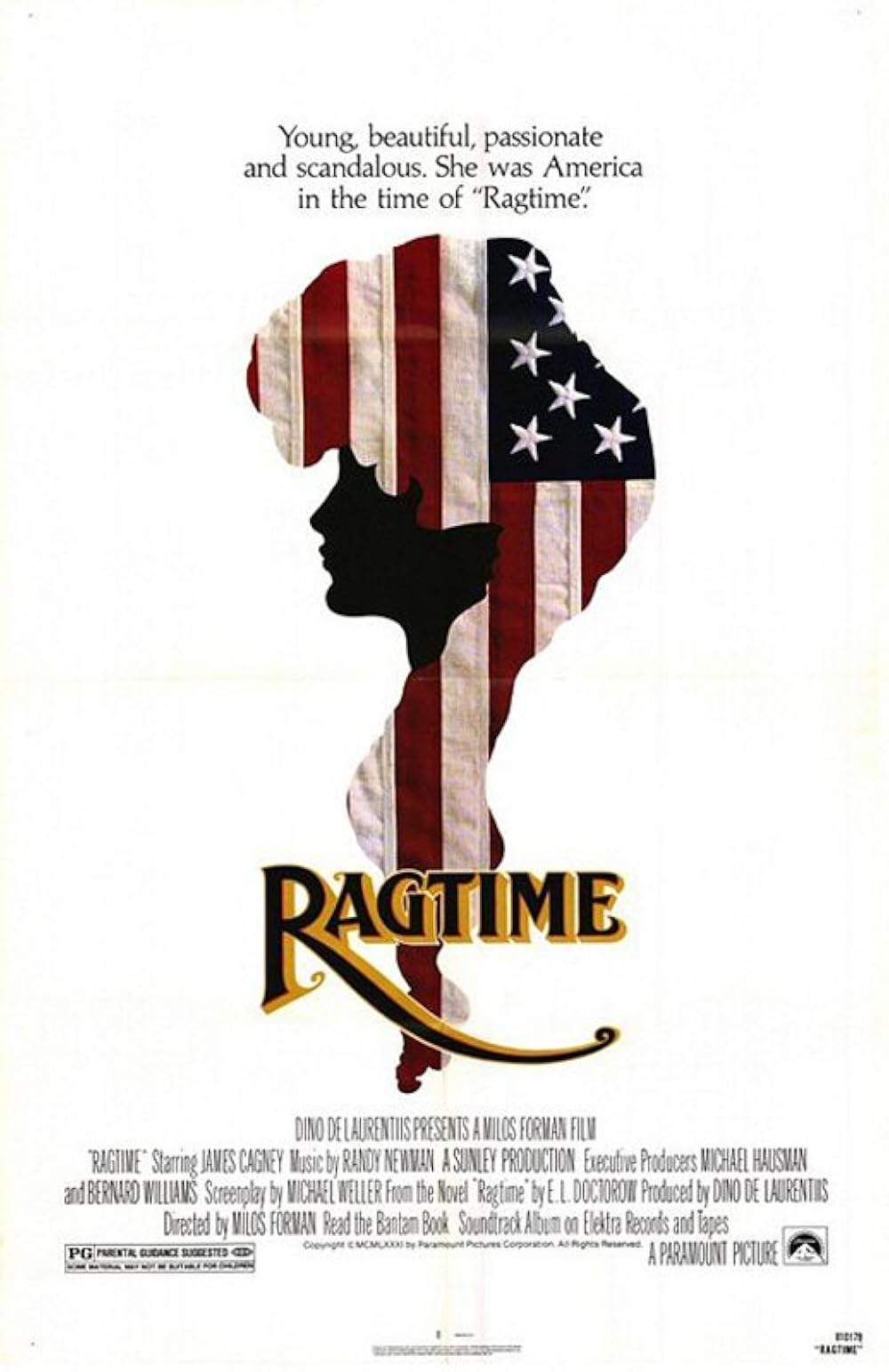
Ragtime
Year: 1981
Runtime: 155 min
Language: English
Director: Milos Forman
Against the backdrop of a rapidly changing America, between 1902 and the years following World War I, the lives of a wealthy suburban family, a struggling black musician, and a Latvian immigrant intertwine. Each family confronts challenges rooted in class, race, and the pursuit of the American dream. Their individual stories reveal the profound social and racial tensions shaping the nation during a transformative era.
Warning: spoilers below!
Haven’t seen Ragtime yet? This summary contains major spoilers. Bookmark the page, watch the movie, and come back for the full breakdown. If you're ready, scroll on and relive the story!
Ragtime (1981) – Full Plot Summary & Ending Explained
Read the complete plot breakdown of Ragtime (1981), including all key story events, major twists, and the ending explained in detail. Discover what really happened—and what it all means.
The film unfolds with a captivating newsreel montage, showcasing iconic figures from the early 20th century, including Harry Houdini, Theodore Roosevelt, and the architect Stanford White (played by Norman Mailer). This vibrant backdrop of New York City life is enriched by the lively music of Coalhouse Walker, Jr. (Howard E. Rollins Jr.) at the piano. The narrative kicks off when wealthy industrialist Harry Kendall Thaw ([Robert Joy]) causes a stir at the unveiling ceremony for White’s latest creation, a nude statue featuring Evelyn Nesbit ([Elizabeth McGovern]), his wife and a former chorus girl. Fueled by his conviction that White has dishonored and manipulated Evelyn, Thaw confronts the architect on the evening of June 25, 1906, culminating in a public shooting at Madison Square Garden that leaves White dead before numerous spectators. In a shocking turn, Thaw does not flee but instead willingly turns himself in to law enforcement.
In the midst of this chaos, we are introduced to an upper-class family residing in a seemingly tranquil suburban house in New Rochelle. The family’s patriarch, the Father ([James Olson]), owns a factory where his wife’s Younger Brother ([Brad Dourif]) works as a fireworks maker. Their serene existence takes a turn when they discover an abandoned African American baby in their garden. The child’s mother, an unwed washerwoman named Sarah ([Debbie Allen]), is located and brought into their home. Amidst rising tensions surrounding Sarah’s situation, Mother ([Mary Steenburgen]) intervenes, battling her husband’s initial objections to provide shelter for Sarah and her child.
As time flows, the story weaves in the wayward journey of Coalhouse Walker, who dramatically arrives at the family’s doorstep in a brand-new Model T Ford, unabashedly claiming his status as the child’s father and announcing his intent to marry Sarah. Meanwhile, the Younger Brother becomes infatuated with Evelyn, his obsession intensifying after witnessing White’s murder. As Younger Brother’s fascination with her grows, tensions peak when Thaw’s lawyer, Delphin ([Pat O’Brien]), approaches Evelyn, offering her a substantial divorce settlement to secure her silence regarding Thaw’s mental instability during the trial while blackmailing her into fabricating abuse claims against White.
Evelyn’s life spirals when she intersects paths with Tateh ([Mandy Patinkin]), a Jewish street artist, amidst his marital turmoil, further complicating her relationships. Young and dazed, Evelyn engages in a relationship with Younger Brother, harboring dreams of a return to the limelight.
As the timeline progresses to early 1908, Thaw’s trial concludes in his favor under the misconception of temporary insanity, adding layers to Evelyn’s confined existence. Shortly thereafter, racism seeps into their neighborhood as Coalhouse Walker faces hostile discrimination from local firemen, leading to a series of unfortunate events including Sarah’s tragic death due to racial violence.
Coalhouse’s fury ignites further conflict, launching him into action to reclaim justice for his family and his pride. With coalitions forming, Younger Brother joins his cause, resulting in a significant turning point that sees Coalhouse taking hostages at the Pierpont Morgan Library. Here, Commissioner Rhinelander Waldo ([James Cagney]) attempts to mediate, though he finds himself restrained by the chaos enfolding. Amidst the unfolding drama that straddles morality and desperation, Father finds himself torn as he faces his own principles and the reality of his family’s fragmented beliefs.
As events unfold towards a poignant end, the audience witnesses the depths of sacrifice and the quest for dignity in a world marred by prejudice. The film concludes with a nostalgic newsreel montage showing the aftermath of these events and their reverberating impact on each character’s journey: Evelyn finds her place on stage, Thaw’s release from confinement puzzles many, and Younger Brother grapples with his newfound ideologies as the family he once knew migrates toward uncertain futures. In this profound exploration of social currents, Father gazes upon a shifting landscape, watching as Mother departs with Tateh and Coalhouse’s son, embodying the lingering tension of history and hope.
Last Updated: November 02, 2024 at 13:26
Explore Movie Threads
Discover curated groups of movies connected by mood, themes, and story style. Browse collections built around emotion, atmosphere, and narrative focus to easily find films that match what you feel like watching right now.
Epic Intertwined Stories Like Ragtime
Ambitious films weaving multiple lives against a backdrop of major historical upheaval.For viewers seeking movies like Ragtime, this collection features complex historical dramas where multiple character arcs collide. These films explore societal transformation, class conflict, and the pursuit of justice through richly detailed, emotionally heavy narratives.
Narrative Summary
These films typically employ a multi-protagonist structure, following several characters or families whose lives become unexpectedly linked. The plot unfolds chronologically against a significant historical period, using personal crises to illustrate systemic societal issues and the high cost of change.
Why These Movies?
Movies in this thread share a commitment to portraying a pivotal era through interconnected human stories. They are united by a somber, reflective tone, a steady narrative pace that allows for deep immersion, and a heavy emotional weight derived from confronting injustice and change.
Movies With Bittersweet Endings Like Ragtime
Stories where profound loss is met with a hard-worn, bittersweet forward movement.If you appreciated the complex emotional payoff of Ragtime, this thread gathers films where heavy journeys through injustice and personal tragedy conclude on a note of somber resilience. These stories balance profound sadness with a sense of earned, if fragile, hope.
Narrative Summary
The narrative follows characters as they endure great suffering, often caused by societal injustice or violent conflict. The climax is typically tragic, but the resolution focuses on the aftermath, showing how surviving characters are transformed and find a new, altered purpose or understanding, resulting in a deeply bittersweet feeling.
Why These Movies?
These films are grouped by their powerful emotional arc: they build towards a devastating climax but resolve with a tone that is neither purely happy nor utterly hopeless. They share a high intensity, a dark tone, a heavy emotional weight, and a final feeling that acknowledges pain while recognizing resilience.
Unlock the Full Story of Ragtime
Don't stop at just watching — explore Ragtime in full detail. From the complete plot summary and scene-by-scene timeline to character breakdowns, thematic analysis, and a deep dive into the ending — every page helps you truly understand what Ragtime is all about. Plus, discover what's next after the movie.
Ragtime Timeline
Track the full timeline of Ragtime with every major event arranged chronologically. Perfect for decoding non-linear storytelling, flashbacks, or parallel narratives with a clear scene-by-scene breakdown.

Characters, Settings & Themes in Ragtime
Discover the characters, locations, and core themes that shape Ragtime. Get insights into symbolic elements, setting significance, and deeper narrative meaning — ideal for thematic analysis and movie breakdowns.

Ragtime Spoiler-Free Summary
Get a quick, spoiler-free overview of Ragtime that covers the main plot points and key details without revealing any major twists or spoilers. Perfect for those who want to know what to expect before diving in.

More About Ragtime
Visit What's After the Movie to explore more about Ragtime: box office results, cast and crew info, production details, post-credit scenes, and external links — all in one place for movie fans and researchers.

Similar Movies to Ragtime
Discover movies like Ragtime that share similar genres, themes, and storytelling elements. Whether you’re drawn to the atmosphere, character arcs, or plot structure, these curated recommendations will help you explore more films you’ll love.
Explore More About Movie Ragtime
Ragtime (1981) Scene-by-Scene Movie Timeline
Ragtime (1981) Movie Characters, Themes & Settings
Ragtime (1981) Spoiler-Free Summary & Key Flow
Movies Like Ragtime – Similar Titles You’ll Enjoy
New York, New York (1977) Spoiler-Packed Plot Recap
A Jazzman's Blues (2022) Detailed Story Recap
Ma Rainey's Black Bottom (2020) Ending Explained & Film Insights
The Jazz Singer (1927) Story Summary & Characters
Rhapsody in Blue (1945) Detailed Story Recap
Raggedy Man (1981) Detailed Story Recap
The Raggedy Rawney (1988) Ending Explained & Film Insights
The Ragtime Band (1913) Full Movie Breakdown
Manhattan Melodrama (1934) Ending Explained & Film Insights
Rumba (1935) Ending Explained & Film Insights
Alexander’s Ragtime Band (1938) Spoiler-Packed Plot Recap
The Rag Man (1925) Complete Plot Breakdown
Stompin’ at the Savoy (1992) Movie Recap & Themes
Rhapsody (1954) Ending Explained & Film Insights
Black and Tan (1929) Ending Explained & Film Insights


